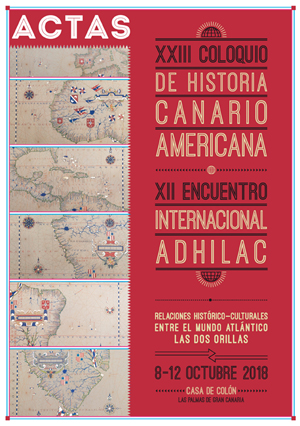Redes de negocios: las relaciones comerciales de importación de Carl Hypolite Haghenbeck Braunwald, en México, 1850-1880 / Business networks: the import trade relations of Carl Hypolite Haghenbeck Braunwald, in Mexico, 1850-1880
Resumen
La presente comunicación tiene como finalidad, analizar las relaciones comerciales de Carl Hypolite Haghenbeck Braunwald, con compañías inglesas, francesas y alemanas durante la segunda mitad del México del siglo XIX. A través del estudio, se muestra la complejidad que guardaron los acuerdos comerciales establecidos entre los países europeos y América Latina, representados por las redes de importantes actores sociales y por las prácticas en las que interactuaron; estableciendo un marco de referencia para el análisis histórico, a partir de la propuesta de redes de negociación que permiten explicar los vínculos entre los espacios comerciales. De esta forma, la investigación muestra la presencia de un inmigrante prusiano en la ciudad de México, que logró consolidarse como prestamista, latifundista y comerciante de ropa a través de un almacén que le permitió mantener relaciones de comercio con firmas tan importantes como la Conrady y Müller de Hamburgo, Guillermo. O Brien de de París y L. Henry Cía. de Manchester, entre otras, que configuraron el flujo de mercancías de un continente a otro. El trabajo concluye con una ponderación sobre la notable participación de Carl H. Haghenbeck, en las actividades económicas de la segunda mitad del siglo XIX en México.
The purpose of these comunication is to analyze the business relationships of Carl Hypolite Haghenbeck Braunwald, with English, French and German companies during the second half of 19th century Mexico. Through the study, it shows the complexity of the trade agreements established between European countries and Latin America, represented by the networks of important social actors and by the practices in which they interacted, establishing a frame of reference for historical analysis, based on the proposal of negotiation networks that explain the links between commercial spaces. In this way, the investigation shows the presence of a Prussian immigrant in Mexico City, who managed to consolidate as a lender, landowner and clothing merchant through a warehouse that allowed him to maintain trade relations with important firms such as Conrady and Müller from Hamburg, Guillermo. O Briende de París and L. Henry Cía. of Manchester, among others, that shaped the flow of goods from one continent to another. The work concludes with a weighting on the remarkable participation of Carl H. Haghenbeck, in the economic activities of the second half of the 19th century in Mexico.




